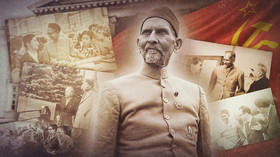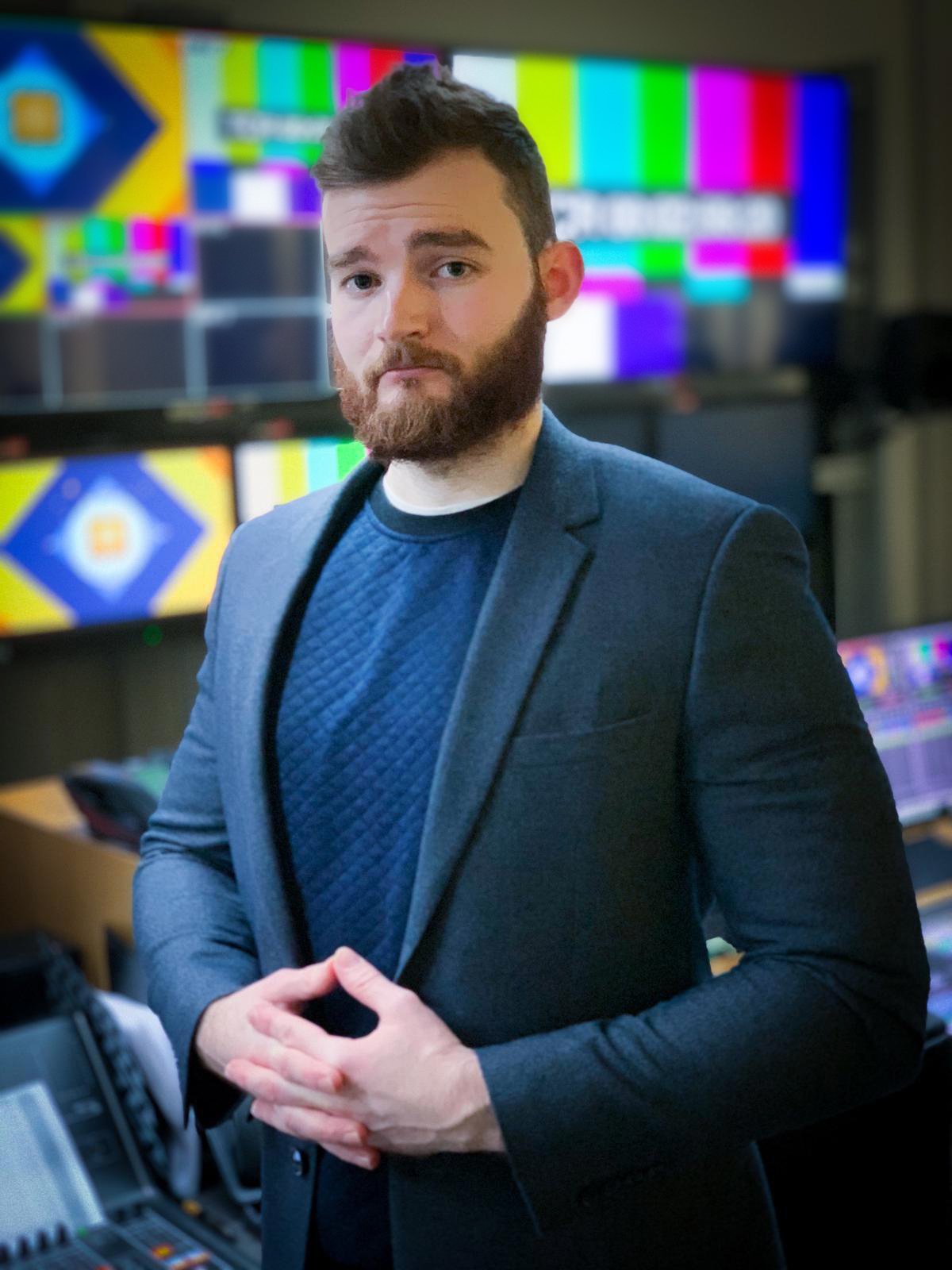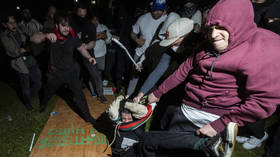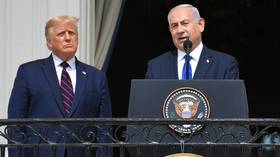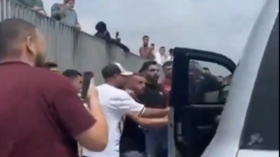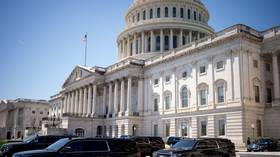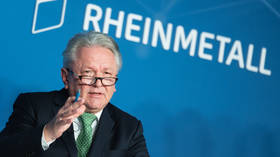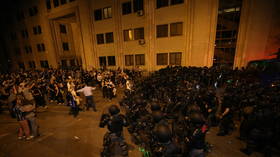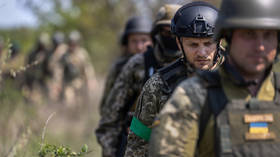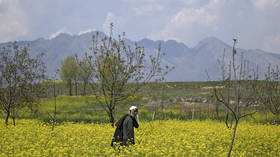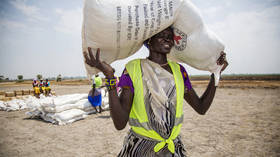Hypocrisy in The Hague: Why is it so easy for the International Criminal Court to charge Russians, but not Israelis?
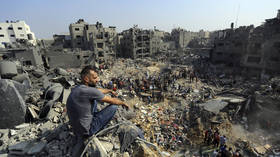
In the first weeks of the Gaza-Israel war, the ICC’s prosecutor issued a statement in which he said that impeding aid to Gaza could be a crime, but was later revealed to have traveled to Israel and is being accused of stalling the courts investigation into war crimes. “If this is not a case that calls for an international tribunal, then the Rome Statute should be null and void,” says American attorney Stanley Cohen, speaking to RT.
On October 29, International Criminal Court (ICC) prosecutor, Karim Khan, issued a warning to the Israeli government that impeding the transfer of aid into Gaza could give rise to “criminal responsibility” under the Rome Statute. However, during his speech delivered in the Egyptian capital, Cairo, Karim Khan notably placed much greater focus on the Hamas-led attack of October 7 than on anything the Israeli military had committed in the Gaza Strip. Following the ICC prosecutor's remarks, there have been questions raised as to whether the court will prove useful in addressing crimes committed across Palestine-Israel.
Renowned American attorney Stanley Cohen addressed Karim Khan’s remarks in Cairo. Cohen said that Khan “made rather affirmative declaratory arguments about what Hamas, what the Qassam brigades, did do, how, when, where, what happened. In the absence of any independent examination, in the absence of any independent evidence, based upon, to some degree, propaganda distortion, alternative intelligence information, which was put out there.” Cohen went on to state that “if I were one of the attorneys representing Palestinians in front of the ICC, given the commentary that the prosecutor made, I might ask him to recuse himself.”
In March of 2021, the ICC officially opened a probe into what it says are war crimes that may have been committed in Palestine – by all parties involved – since June 13, 2014. This would technically mean that crimes recently committed could be subject to an investigation and those responsible may, in theory, be prosecuted. Also, in 2021, Israel’s top human rights group, B’tselem, along with Human Rights Watch, declared that the Israeli government was operating a regime of Apartheid against the Palestinians. In 2022, Amnesty International followed suit, issuing its own lengthy report that demonstrated why it also had decided to accuse Israel of the crime of Apartheid. The ICC has the right, under the Rome Statute, to prosecute those who commit the crime of Apartheid.
However, as the US-based think tank Arab Center Washington DC noted in September, “little has been done” over the past two years by the ICC, despite the prosecutors’ “professed desire to improve the credibility of the court and his private protestations that he cares about the question of Palestine.” Despite Israel having stated that it “will not cooperate” with the ICC, protesting its announced probe into war crimes in 2021, the families of Israelis killed on October 7 have urged the court to launch an investigation into alleged crimes committed by Hamas. This puts the Israeli government in a tough position, as it has repeatedly stated that the ICC has no jurisdiction in their territory. Hamas, on the other hand, welcomed the ICC probe into war crimes, while defending its own actions.
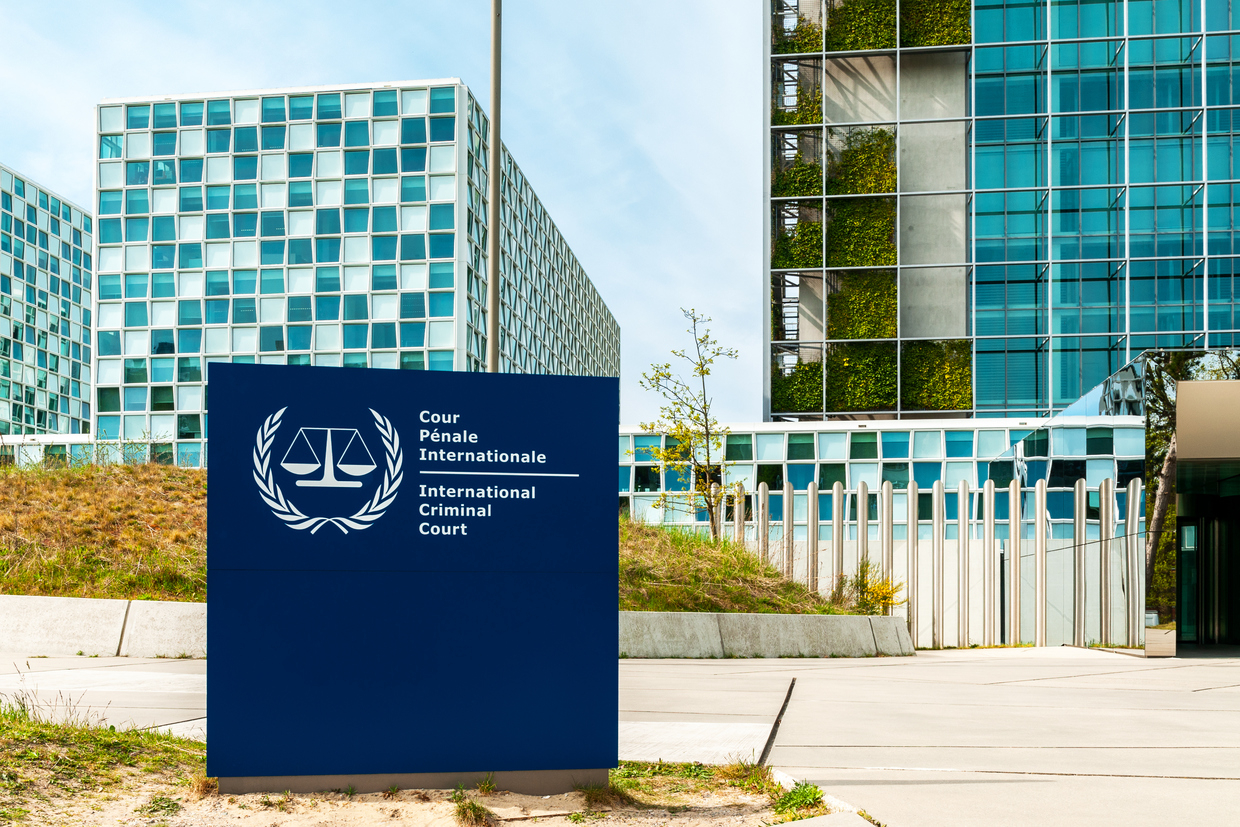
Commenting on the question of why the ICC has yet to move towards indicting those responsible for crimes committed in the occupied Palestinian territories, Stanley Cohen replied:
“They returned an indictment against Putin on the basis of ex parte claims, certainly probable cause, within four days. In the case of Israel you've had nine years to find, investigate and corroborate systemic violations of international law, the violation of the law of war, human rights violations, collective punishment, violations of the humanitarian code, crimes against humanity. War crimes.”
Cohen also added the following: “I don't know why it's taken two years… There should be an ongoing investigation right now. I was involved in the preliminary applications for the ICC. There have been, just hundreds and hundreds and hundreds of declarations, of affidavits, of videos, of films, of admissions, of statements over the last nine years now, that the ICC has. The cynic in me imagines or wonders whether this, the same piece would've taken the speed if the targets were African, if they were black, because the ICC has a history of moving with deliberate speed when it involves African defendants or targets, or people of color.”
Since the child death toll in Gaza alone, as a result of Israel’s war on the besieged coastal enclave, is more than six times times higher than the total Israeli civilian death toll from October 7, it begs the question as to whether the ICC is viewing crimes committed against Palestinians with the same seriousness. If that case goes forward, and investigates the never ending list of war crimes committed across Palestine-Israel, it could perhaps rescue some of the legitimacy of the court, which has been repeatedly accused by African leaders of wrongful targeting. In fact, due to the majority of the ICC’s indictments having been handed out to those on the continent of Africa, some have even suggested that the ICC should be renamed the African Criminal Court.
To make matters worse, once it was revealed that ICC prosecutor Karim Khan had traveled to Israel, he quickly made plans to meet with Palestinian President Mahmoud Abbas and Palestinian human rights groups. However, human rights groups based in the occupied territories rejected his request to meet. Ammar Al-Dwaik, director general of the Independent Commission for Human Rights (ICHR) said that "the way this visit has been handled shows that Mr Khan is not handling his work in an independent and professional manner."
According to Stanley Cohen, “there are lots of options” beyond the International Criminal Court when it comes to the prosecution of war crimes, including the International Court of Justice (ICJ). “You also then have the situation of courts with universal jurisdiction such as South Africa and Spain and about a dozen or so other countries, which I have no doubt will also be initiating investigations under universal jurisdiction,” he said.
Whether the ICC acts now will either be its saving grace, or irreparably stain the reputation of the court forever. The sheer scale of the atrocities that are now being committed in Gaza is difficult to even describe, with more tonnage of explosives being dropped on the besieged territory than the nuclear bomb used by the United States against Hiroshima. Meanwhile, food, water, medical aid, fuel and electricity are being prevented from entering, or in other cases are being severely limited. Some 1.5 million civilians have been displaced and around 20,000 people killed, while upwards of 30,000 have been injured.

